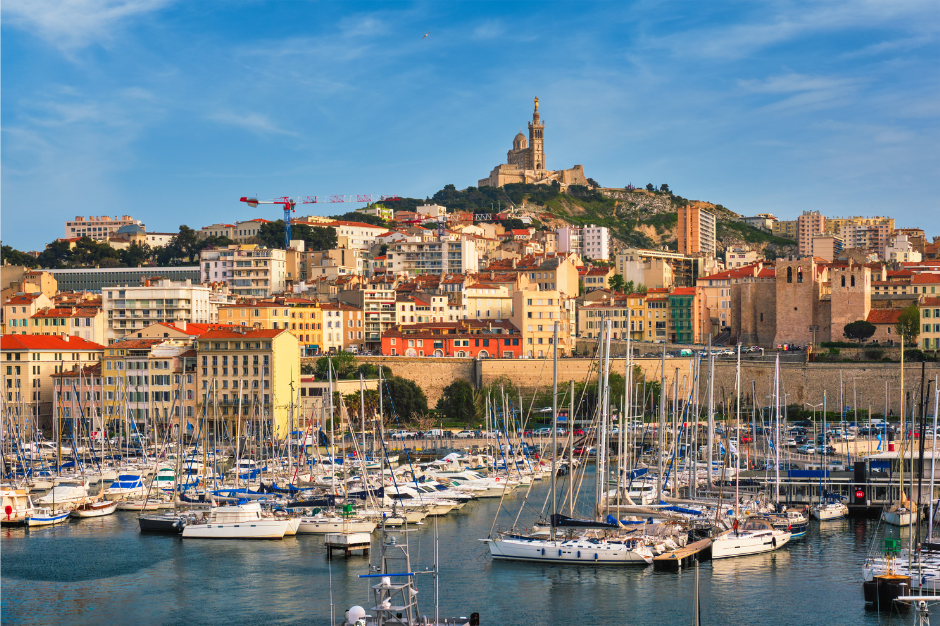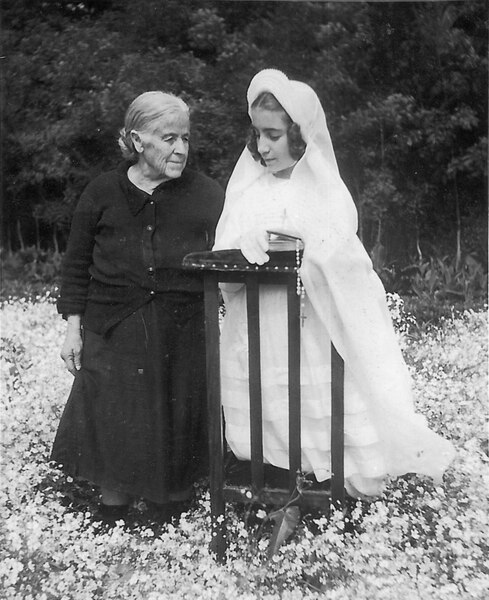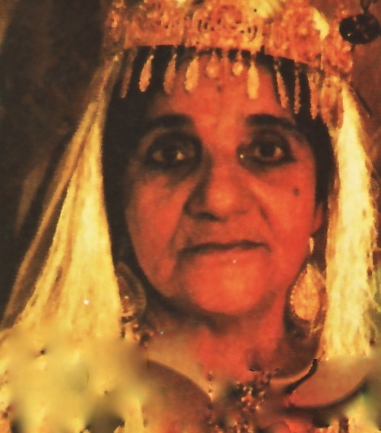
Marseille, a vibrant port city on the Mediterranean coast of France, is not just the country’s gateway to the sea but also a melting pot of diverse cultures. Among these, the African and Caribbean communities have played a significant role, contributing to the rich tapestry of Marseille’s history and culture. This post explores the influence and legacy of these communities in shaping the identity of France’s oldest city.
The Early Connections
Marseille’s connection with Africa and the Caribbean dates back to its days as a major port in the Mediterranean. As a hub of maritime trade, the city has long been a point of contact between Europe, Africa, and the Caribbean. Over the centuries, sailors, traders, and immigrants from these regions have made their way to Marseille, each adding a layer to the city’s multicultural identity.
Post-World War II Era

The most significant influx of African and Caribbean populations in Marseille occurred in the aftermath of World War II. The decolonization of African countries and the dissolution of the French empire led to a wave of migration from former colonies. The independence of Algeria in 1962, in particular, resulted in a large number of Algerians, including pieds-noirs (Algerian settlers of European descent), relocating to Marseille.
Cultural Influence

By Saber68 – Archives Disco Maghreb Oran ( https://commons.wikimedia.org/wiki/File:Raïannées_80(Algérie).jpg ), Public Domain, https://commons.wikimedia.org/w/index.php?curid=32528593
The African and Caribbean communities have deeply influenced Marseille’s cultural landscape. This is most evident in the city’s music, cuisine, and annual celebrations. Marseille has become a center for music genres like Raï, a form of folk music that originated in Algeria, and Zouk, a fast tempo carnival style music originating from the Caribbean. The culinary scene in Marseille is also a testament to this cultural blend, with African and Caribbean cuisines being a significant part of the city’s gastronomy.
La Friche Belle de Mai
One notable example of African and Caribbean influence is the cultural complex La Friche Belle de Mai. This former tobacco factory has been transformed into a thriving hub for artists and creatives, many of whom are of African and Caribbean descent. The complex hosts art exhibitions, music festivals, and cultural events that showcase the diversity of Marseille’s population.
Conclusion
The African and Caribbean communities in Marseille have not only contributed to the city’s cultural diversity but also enriched its social fabric. Their presence and influence are integral to understanding the identity of Marseille, a city that stands as a testament to the dynamic interaction of cultures and histories. As Marseille continues to evolve, the African and Caribbean heritage remains a vital and vibrant part of its story.

